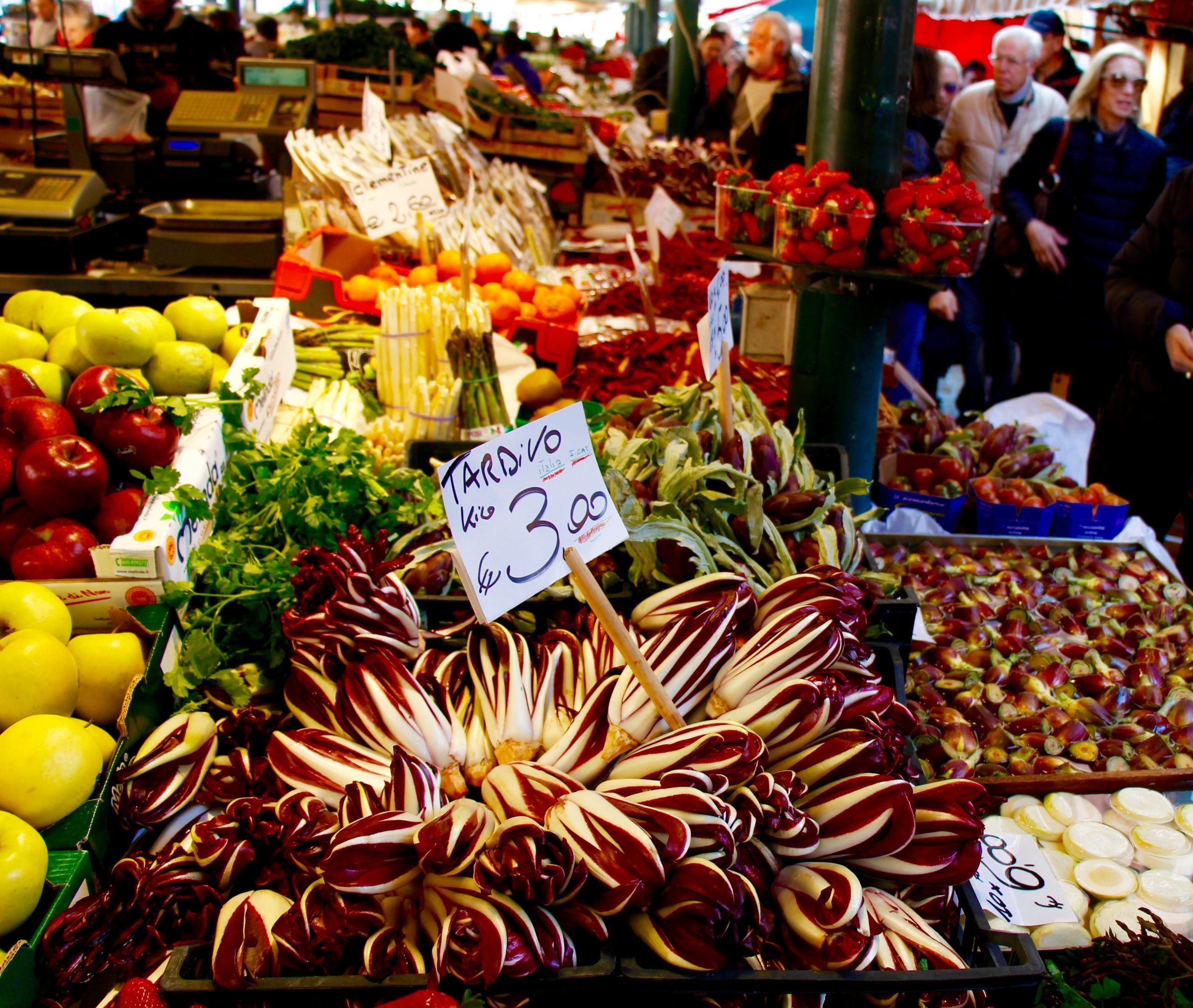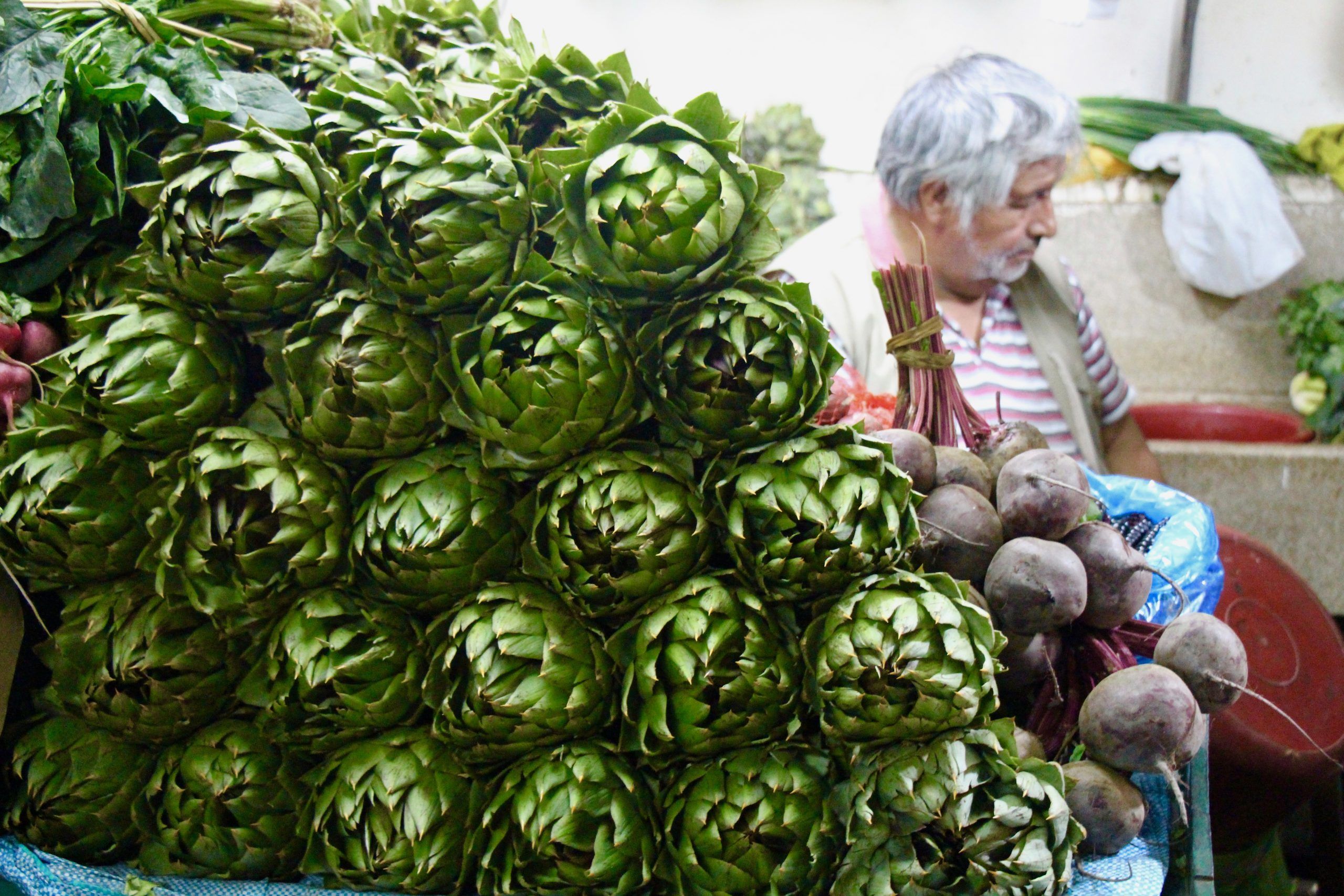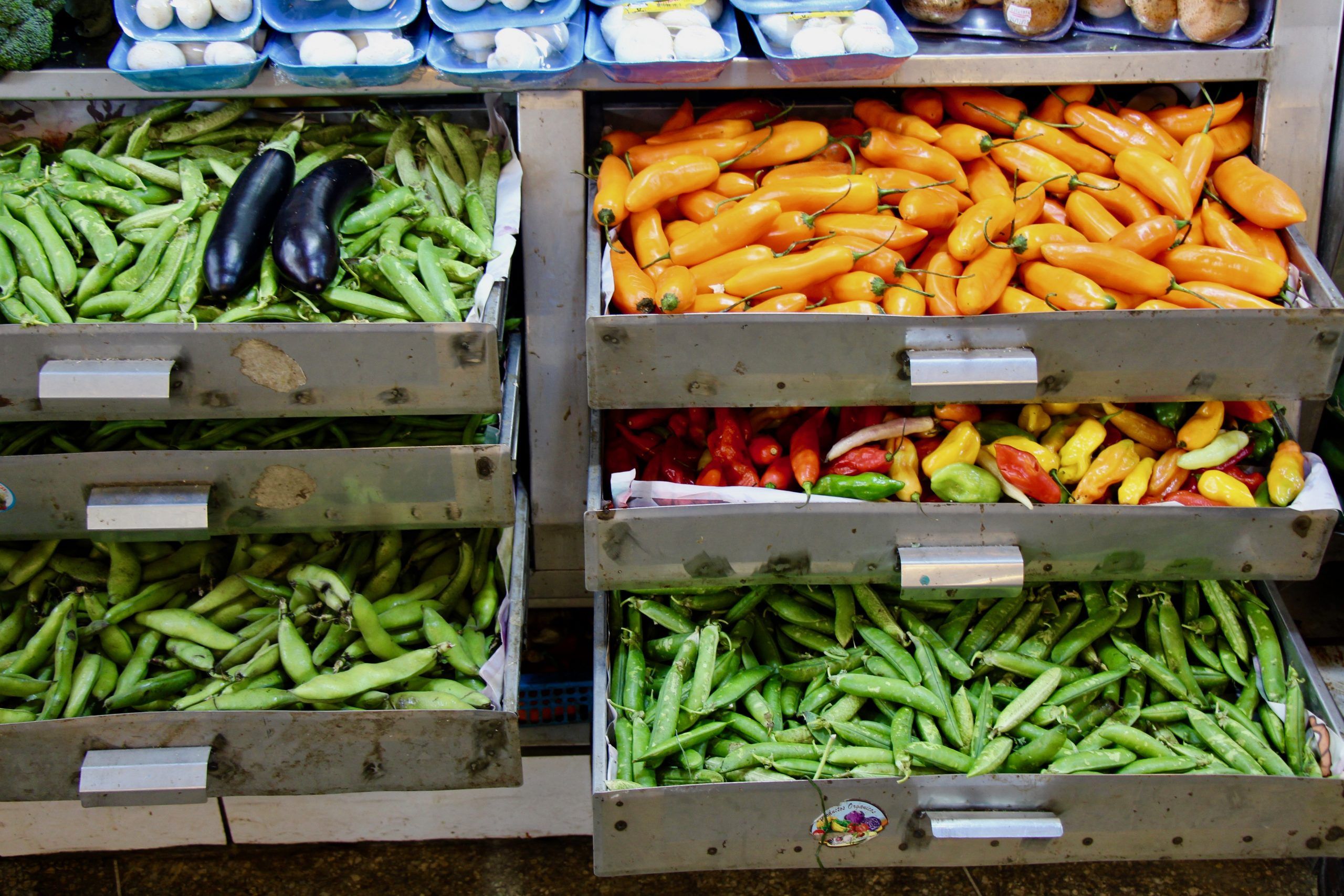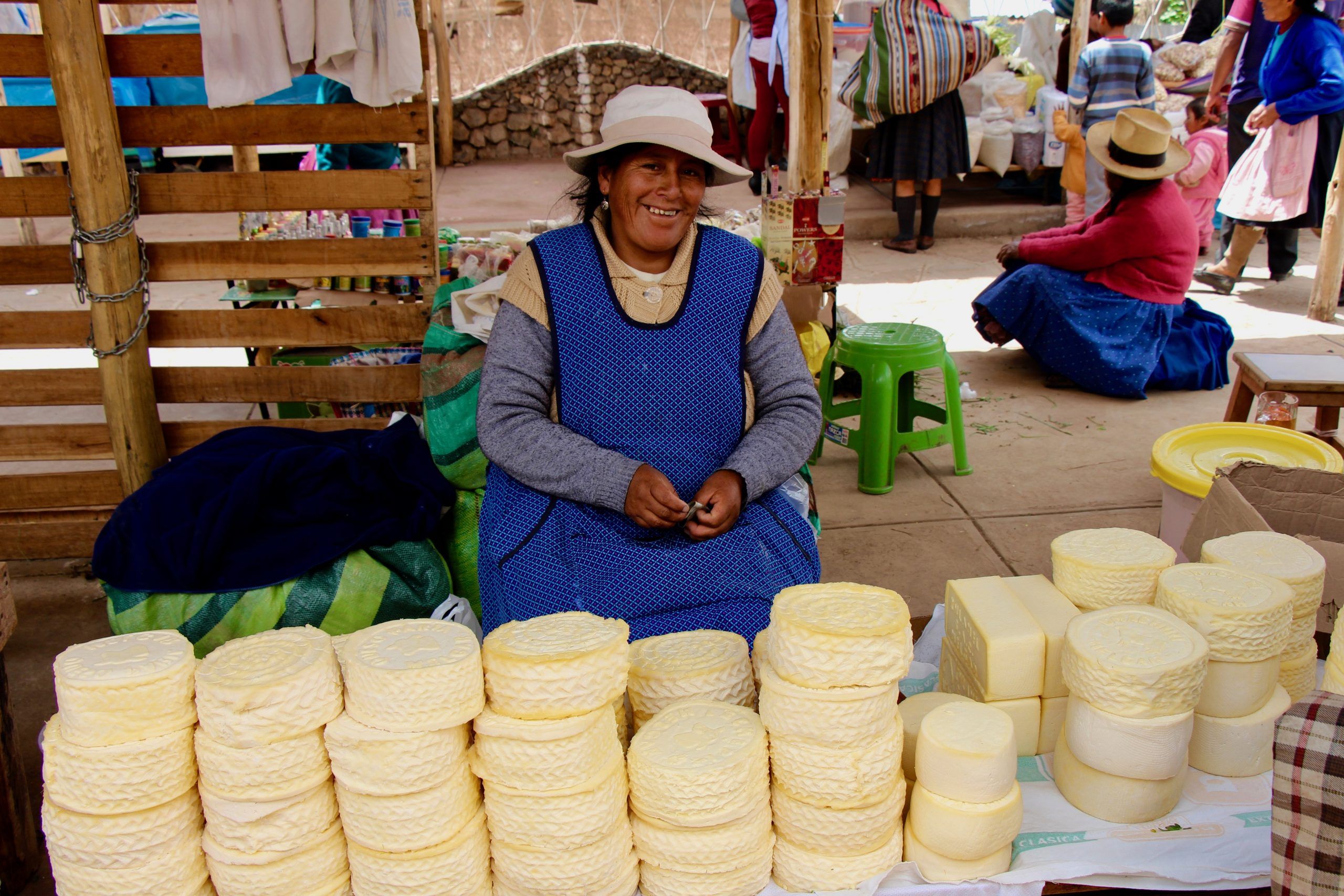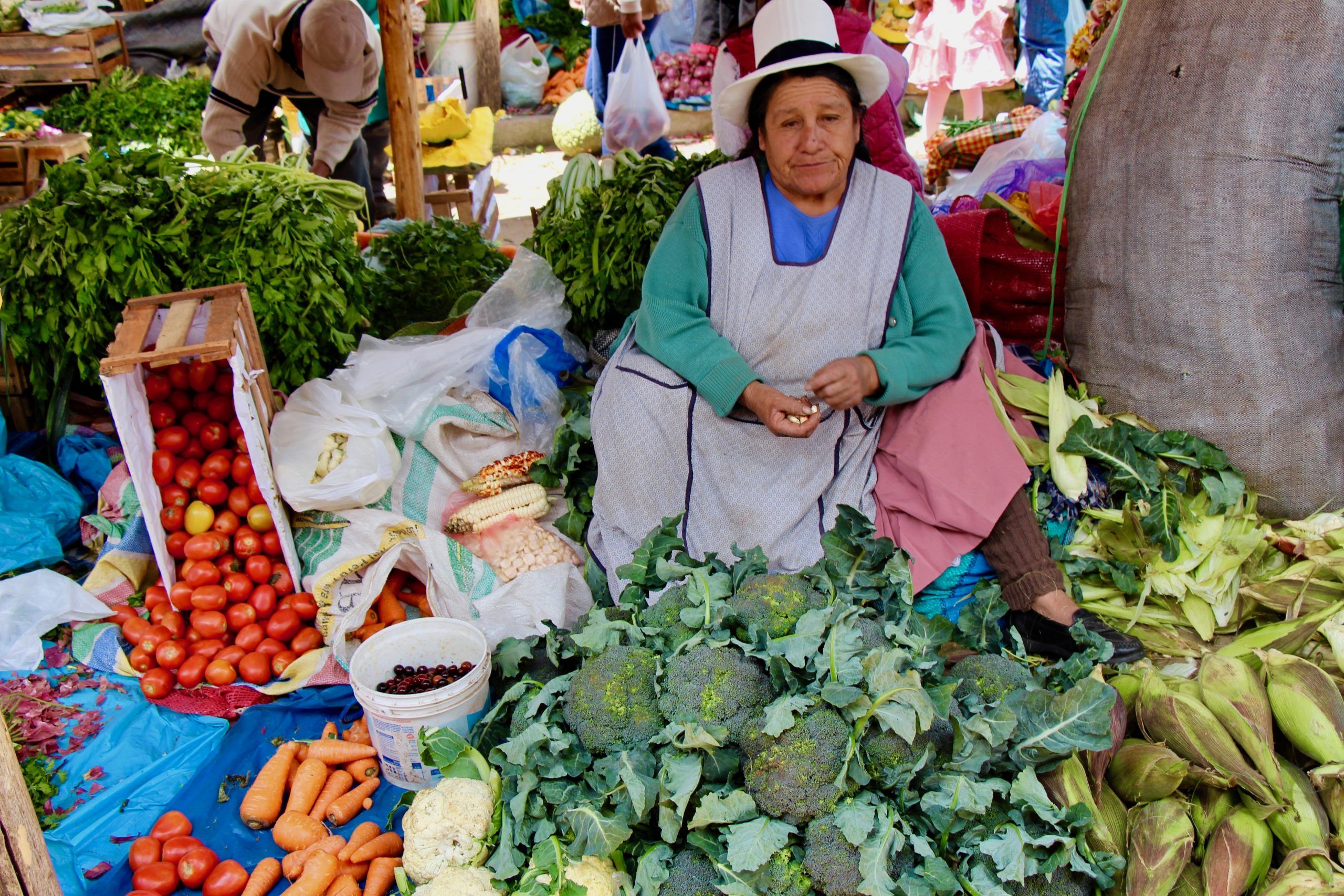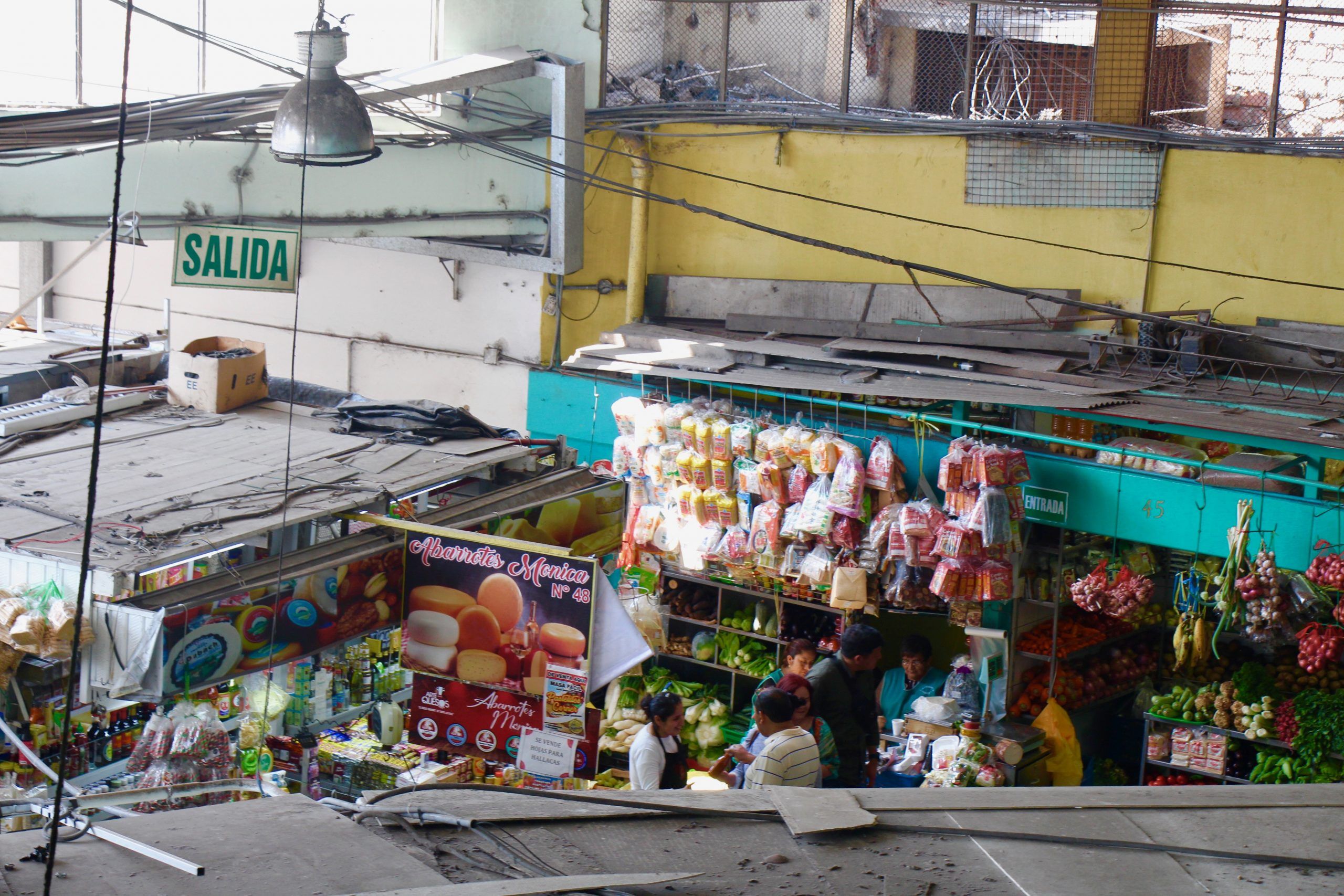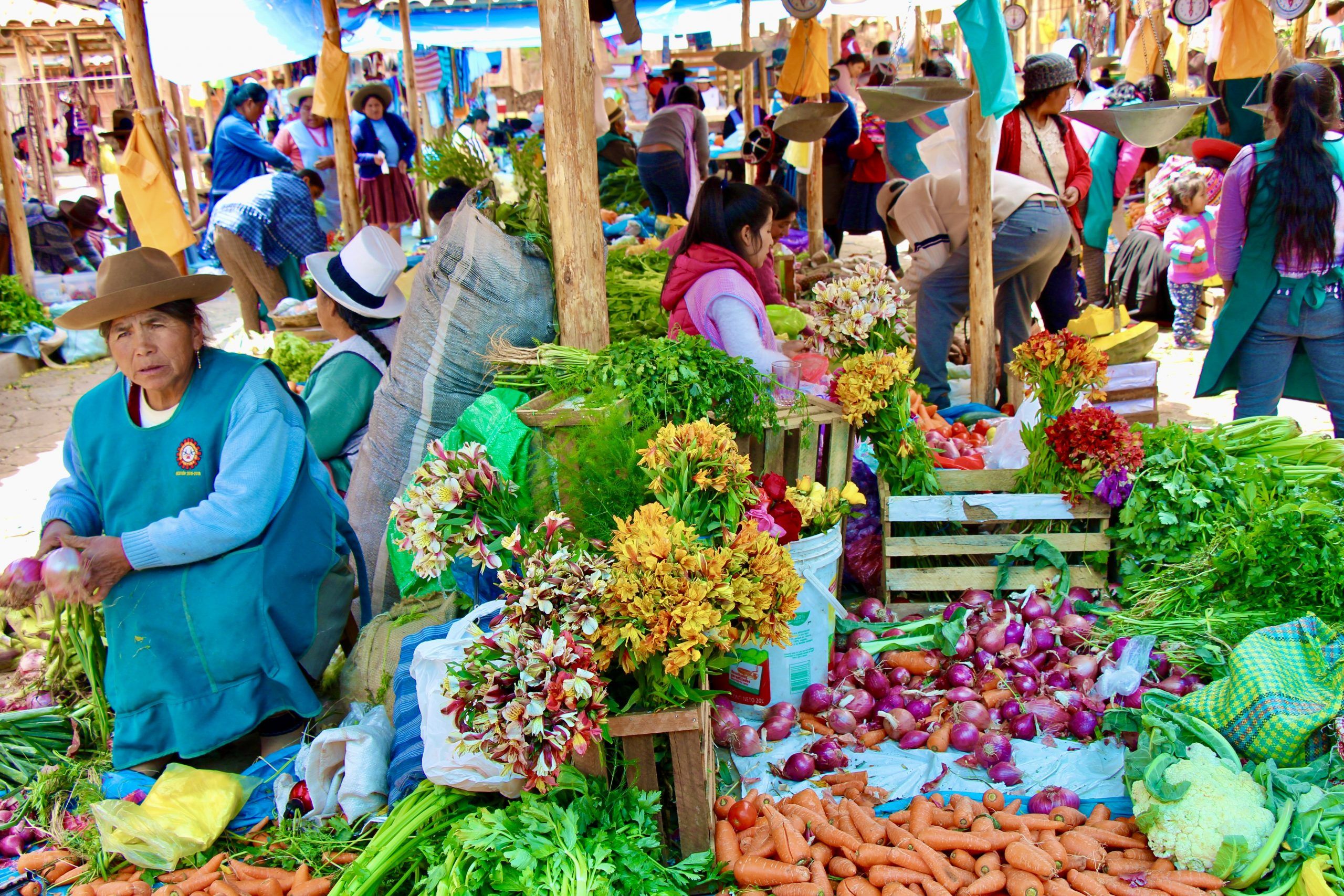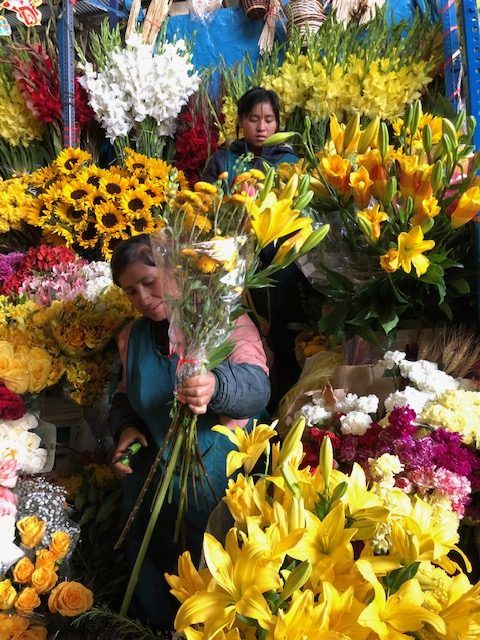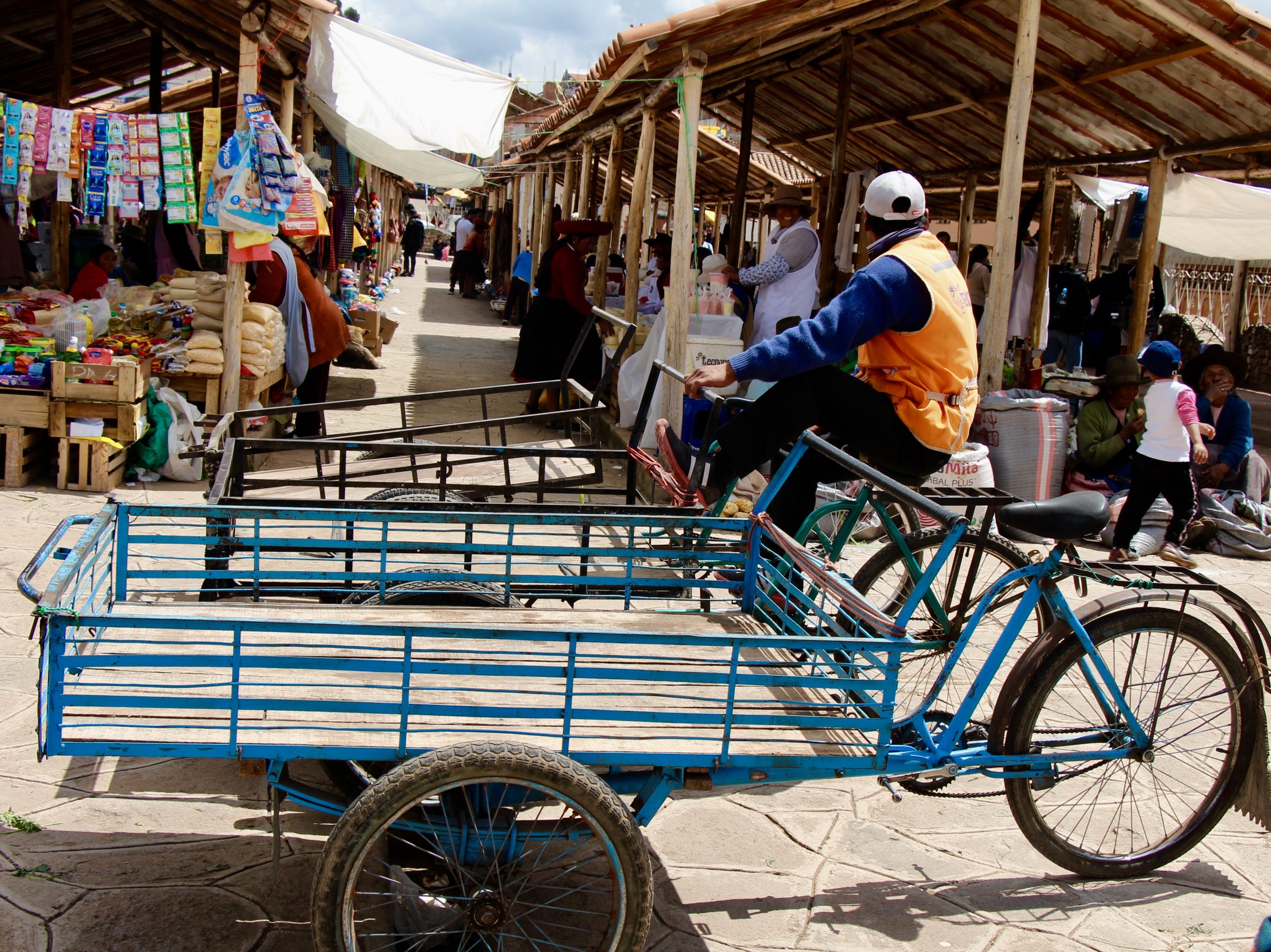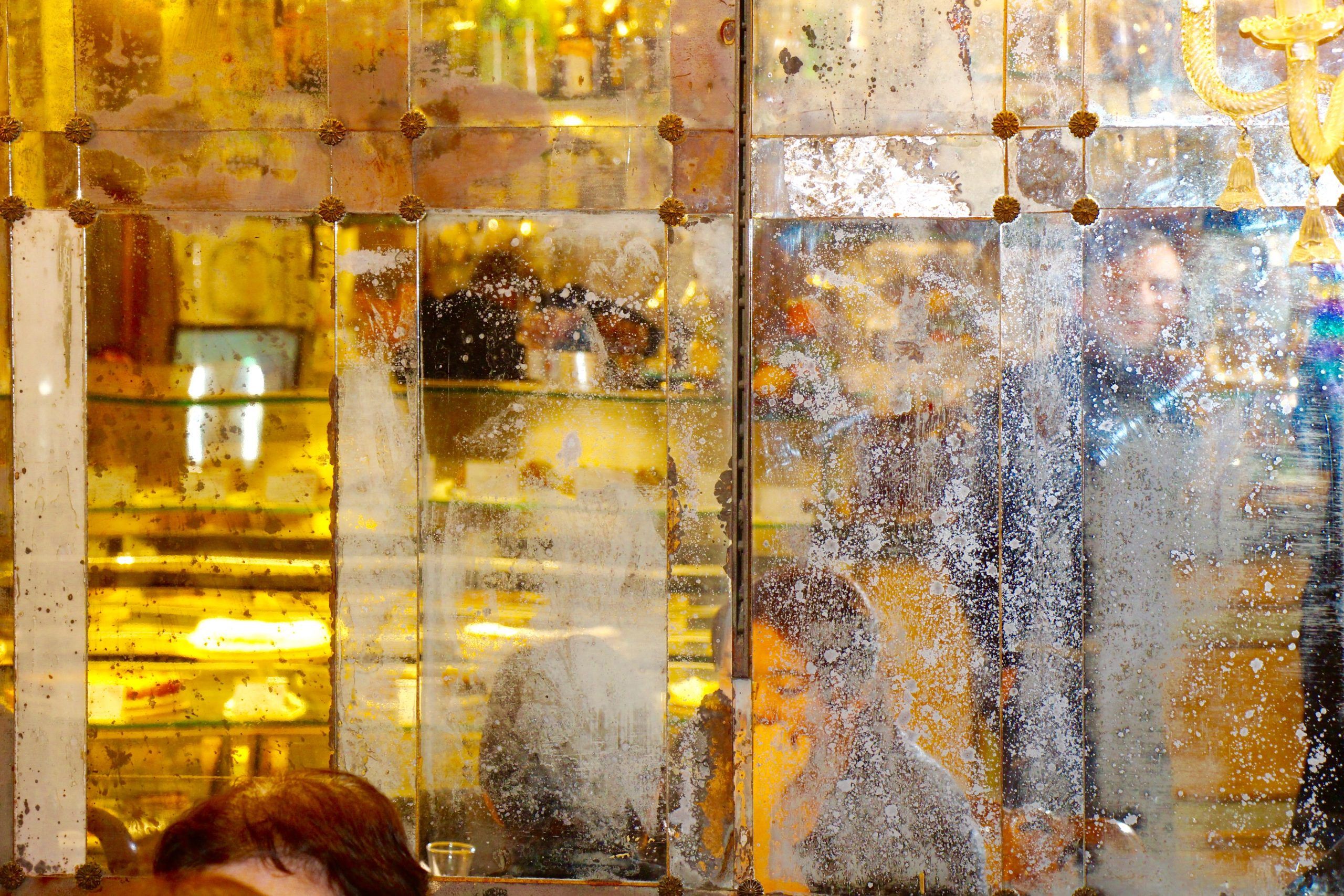With a heavy heart, I left Zürich in 2010 to accept an offer from the Max Planck Institute for Human Cognitive and Brain Sciences in Leipzig to lead a department for Social Neuroscience. This offered me a unique possibility to further develop and enlarge a grant project for a large-scale mental training study on the “plasticity of the empathic brain” which I had received from the European Research Council (ERC Grant) in 2008 and for which I had started important preparatory studies already.
By consequence, the eight years as a Max Planck director in Leipzig were mostly marked by the establishment of this huge and unique large-scale longitudinal mental training study on compassion: the ReSource Project.
This project was not just another research study, but rather a life-time project in which I could integrate many of my previous fields of expertise as well as personal retreat and seminar experiences. The idea was to create a long-term mental training program based on both meditation and contemplative approaches from the East as well as approaches from Western psychology and neuroscience with the goal to foster qualities such as mindfulness, compassion and a better understanding of oneself and other people. This intervention program should be secular and its effects scientifically measured with a holistic approach focusing on many levels of observations: from brain, body, hormones, subjective wellbeing to observable behaviours and social interactions. This study was surely the most courageous and complex of all my projects so far and despite its huge success, also sometimes brought me to my own personal limits. When moving from Zürich to Leipzig in 2010, I had first to re-build the necessary laboratories and testing environment for this multi-method study (e.g., scanner, multi-computer laboratory, satellite lab in Berlin etc.). Between 2013 and 2016, after building up a large team of researchers and support staff, we finally collected the data for this longitudinal training study from more than 300 participants at the institute in Leipzig as well as in my satellite lab in Berlin, Haus5. Since 2015, I have been working with a large group of researchers, now spread around the world, on the analysis and publication of the results of the ReSource project. So far, we could publish more than 40 scientific papers and also facilitate the transfer of this know-how into practical applications fostering resilience, mental health and social competencies in different arms of society.
Parallel to the realisation of this complex mental training study on the plasticity of the social brain, I integrated my previous research interests and expertise into a holistic research program to investigate the development of the social brain in children as well as the psychopathological causes of social deficits in certain patient populations, such as people with autism spectrum disorder, narcissism or depression. I was motivated to better understand the causes of many modern phenomena such as the increase in narcissism, depression rates and stress-related diseases, the latter already in our younger generations.
I further continued my work to integrate neuroscience and economics with macroeconomist Dennis Snower, who was president of the Kiel Institute for the World Economy until 2018. Based on a grant from the Institute of New Economic Thinking (INET) with the Title “From Homo Economicus towards Caring Economics”, we investigated how psychology and neuroscience can inform new economic models.
At the end of 2018, after a very difficult period at the Max Planck institute in Leipzig, I resigned from my position as director there, and moved at the beginning of 2019 permanently to Berlin where I was already living since 2016. In Berlin, I continued my previous line of work on compassion and empathy as a professor and scientific head of the Social Neuroscience Lab of the Max Planck Society in my satellite lab, Haus5, on the campus of Berlin’s Humboldt University and since 2021 after the move of my new lab in the JFK house close to the Berlin main station.
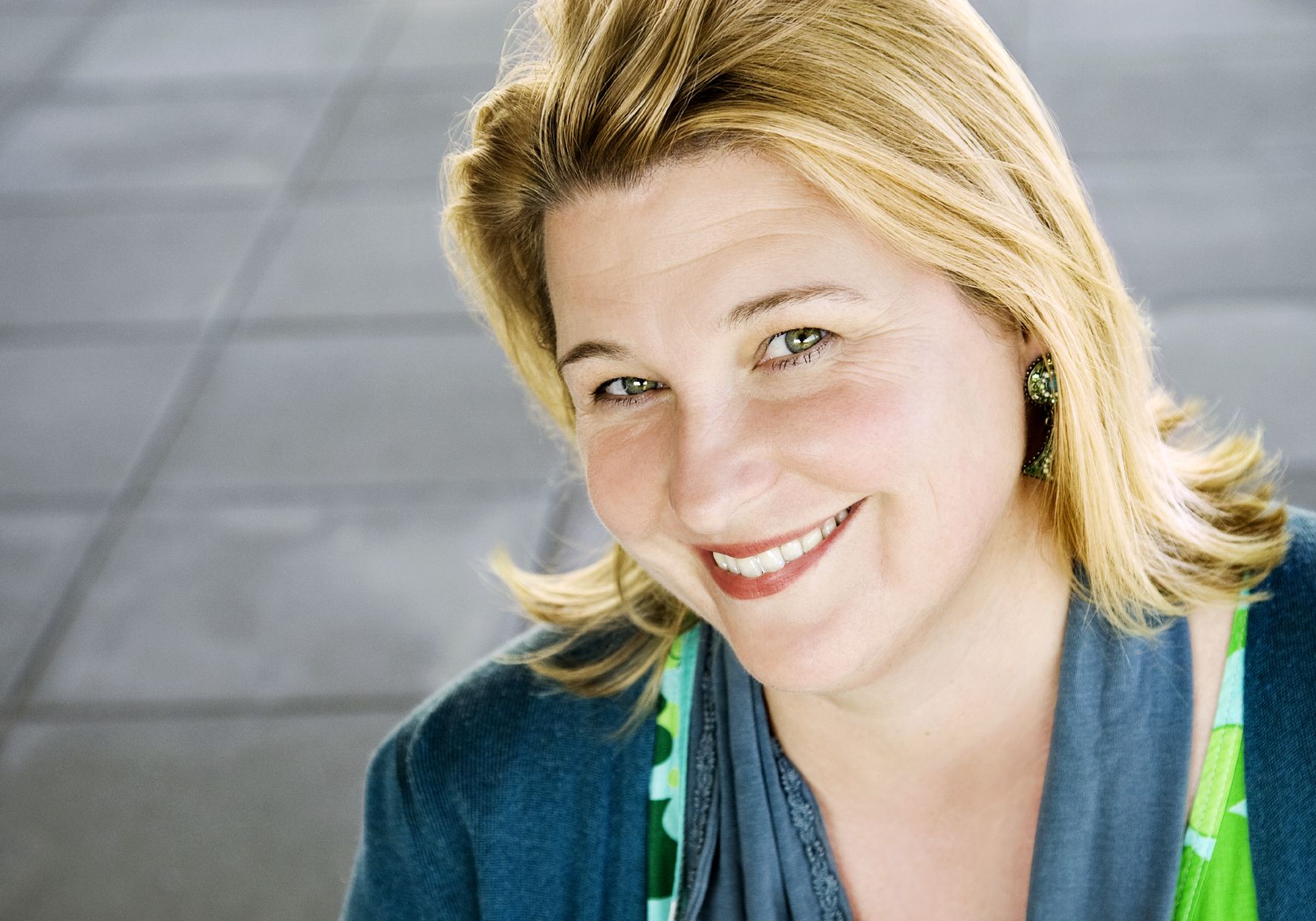
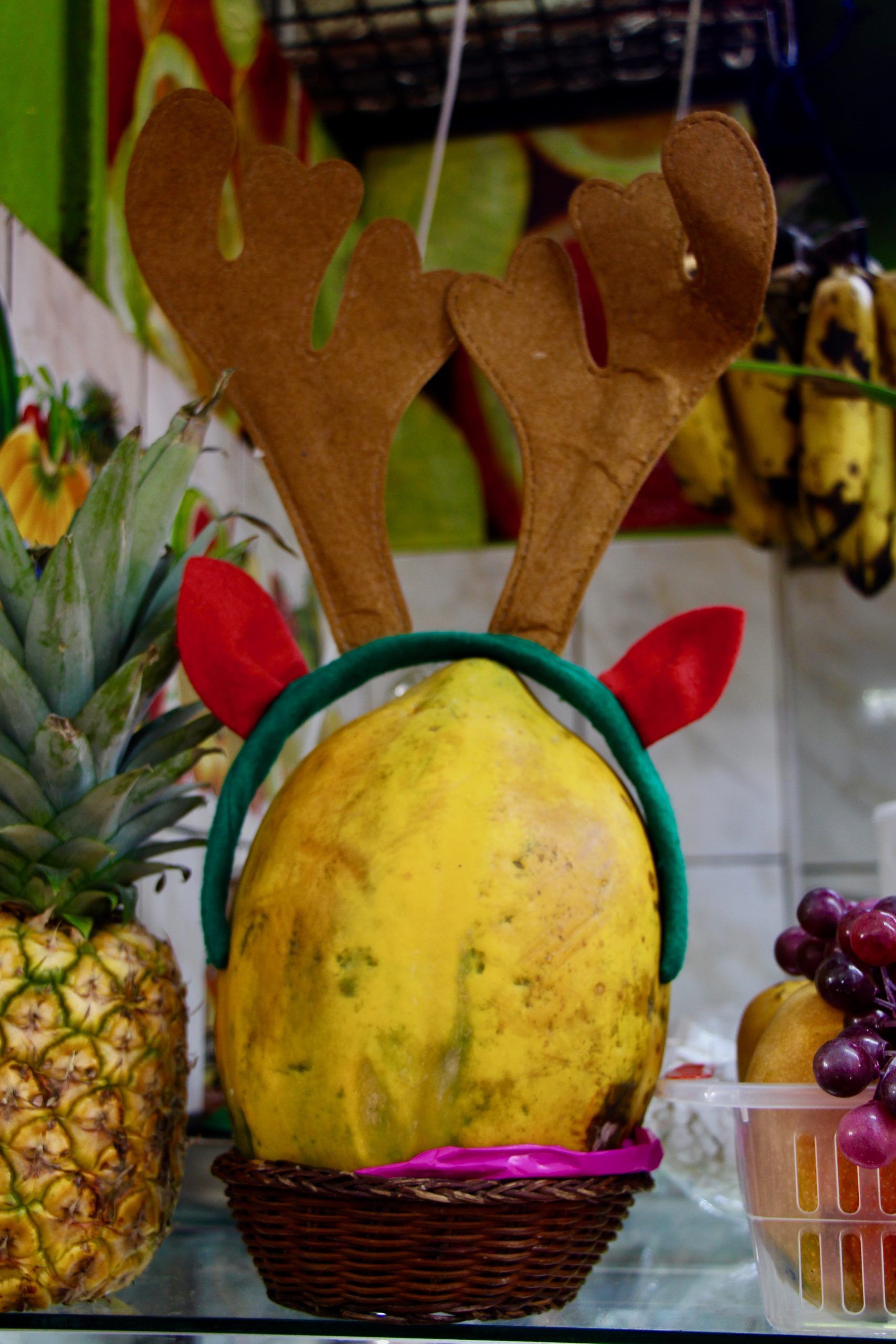

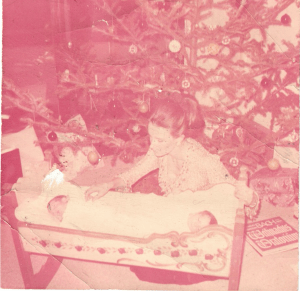 I was born on 8th December 1969 in Munich together with my four-minutes-older identical twin sister, Nathalie. For the first 12 years of my life, I lived there with her, my german father Wolf Singer and my french mother Francine Singer. After attending a french kindergarten and primary school in Munich until the age of 7, we transferred to a German primary school and then to the Oskar von Miller high school. My childhood years were marked by many visits to the homes of my beloved grandparents in Bavaria and France. My german grandparents lived by a lake in the countryside with a view of the Bavarian Alps. My grandfather was a country doctor and a passionate mountaineer. My french grandparents lived in a typical charming french house in the north of France. Here we enjoyed many vacations and endless french-style family dinners.
I was born on 8th December 1969 in Munich together with my four-minutes-older identical twin sister, Nathalie. For the first 12 years of my life, I lived there with her, my german father Wolf Singer and my french mother Francine Singer. After attending a french kindergarten and primary school in Munich until the age of 7, we transferred to a German primary school and then to the Oskar von Miller high school. My childhood years were marked by many visits to the homes of my beloved grandparents in Bavaria and France. My german grandparents lived by a lake in the countryside with a view of the Bavarian Alps. My grandfather was a country doctor and a passionate mountaineer. My french grandparents lived in a typical charming french house in the north of France. Here we enjoyed many vacations and endless french-style family dinners.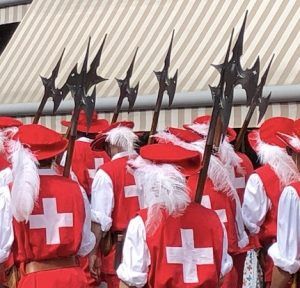 Already in my London years, I started to adapt game-theoretical paradigms derived from empirical economic research for the scanner environment to study the neural basis of cooperation and pro-social behaviours.
Already in my London years, I started to adapt game-theoretical paradigms derived from empirical economic research for the scanner environment to study the neural basis of cooperation and pro-social behaviours. Throughout my life, I always had a passion to build bridges. I am interested to question and provoke our sometimes rigid thinking by building these unusual bridges between fields, which do not normally interact: empirical psychology, applied and clinical psychology, neuroscience, economy, the social sciences, social activism, politics, contemplative science and the arts. I believe, that the communication and interchange between these sectors around unifying important topics will help us to improve our existing societal systems and create a more informed and human world.
Throughout my life, I always had a passion to build bridges. I am interested to question and provoke our sometimes rigid thinking by building these unusual bridges between fields, which do not normally interact: empirical psychology, applied and clinical psychology, neuroscience, economy, the social sciences, social activism, politics, contemplative science and the arts. I believe, that the communication and interchange between these sectors around unifying important topics will help us to improve our existing societal systems and create a more informed and human world.